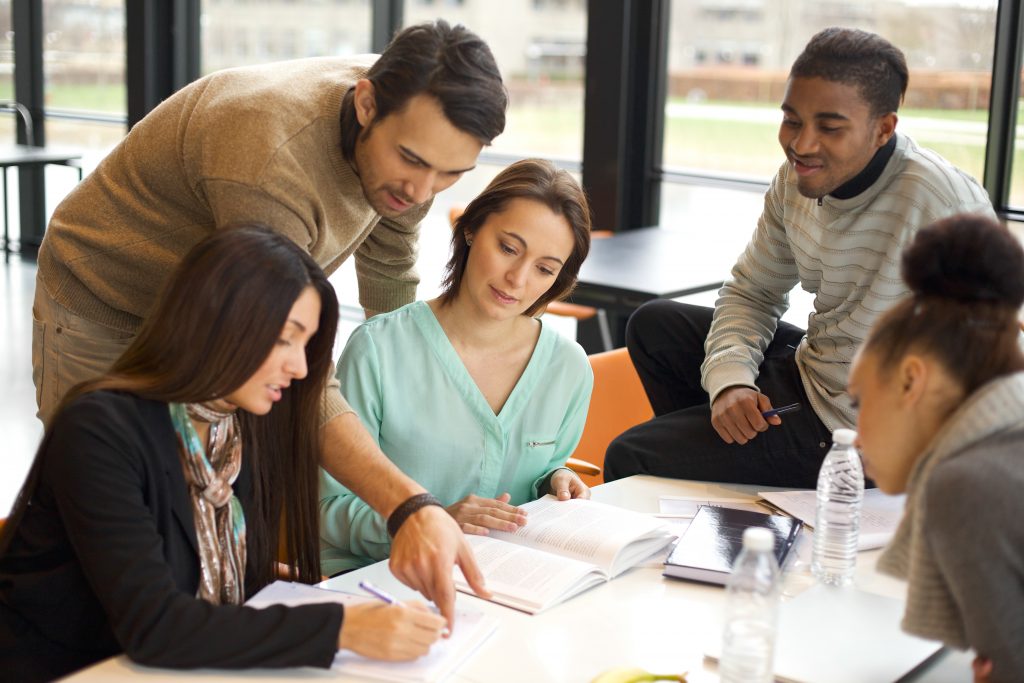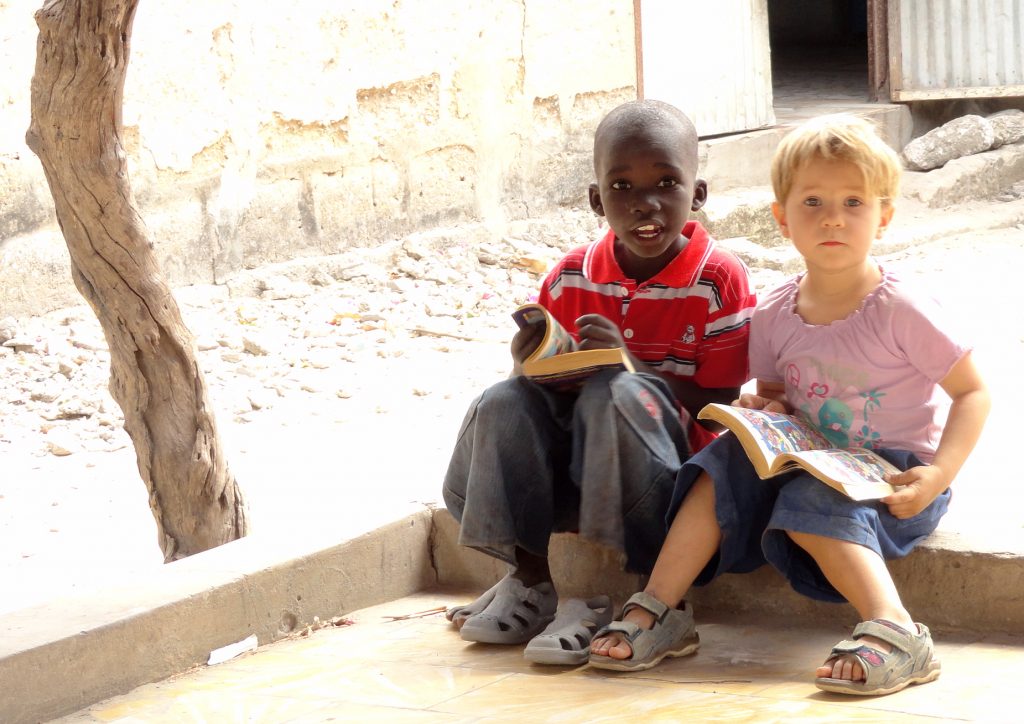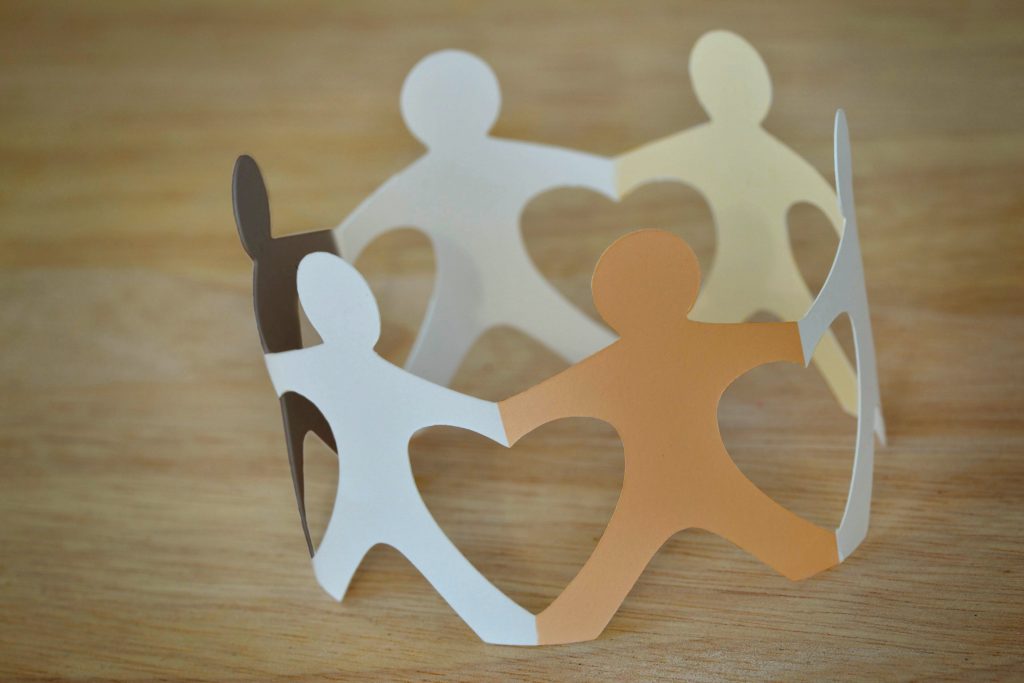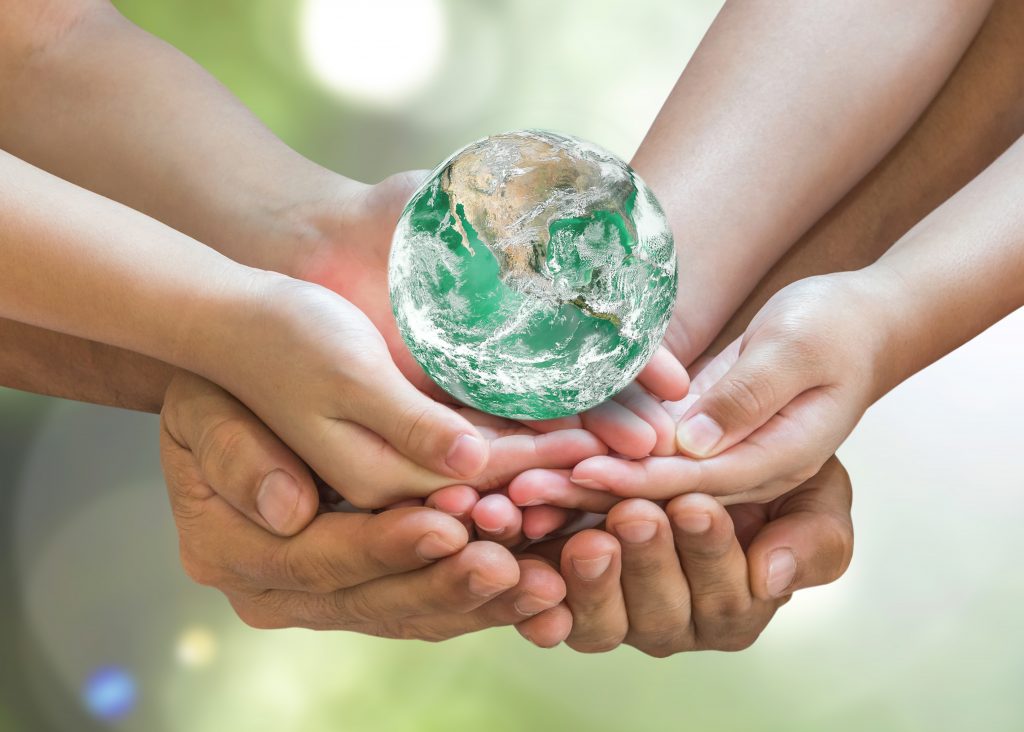The United Nations COP26 climate conference is an opportunity not only to galvanize political leadership but also to reflect on the role of education and the contribution of lifelong learning to climate action, writes Paul Stanistreet
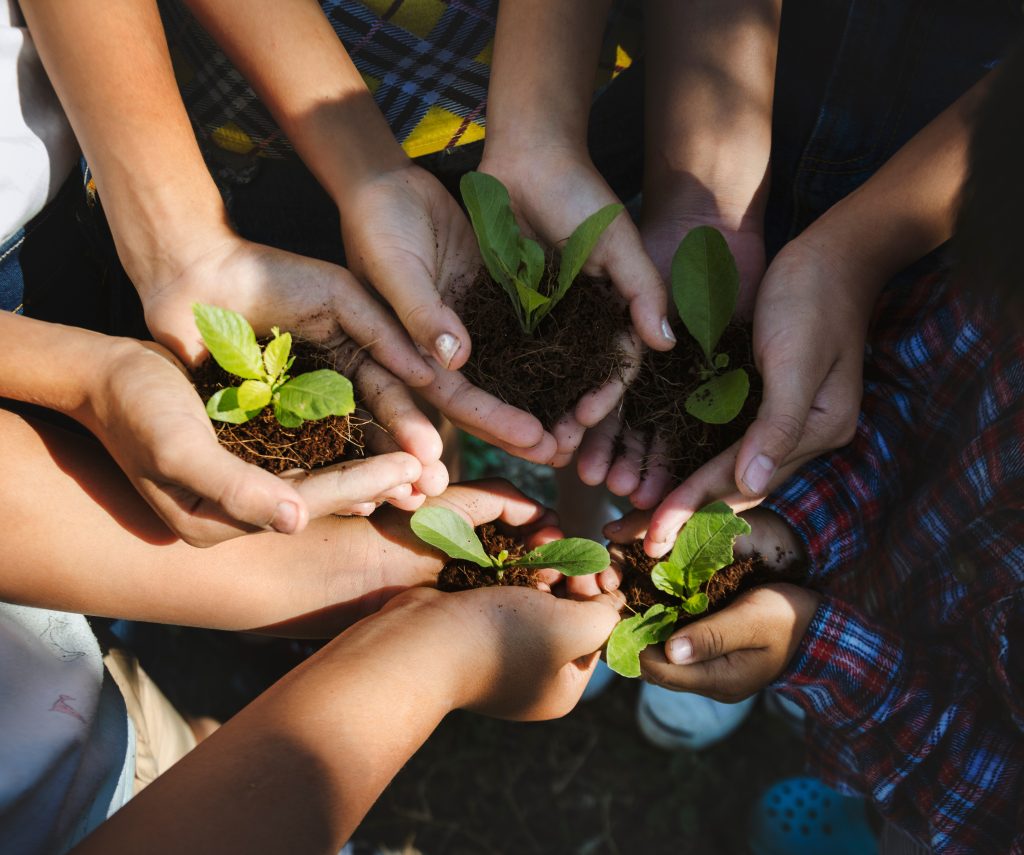
The future isn’t what it used to be. Whereas once we imagined a future of chrome-plated, high-tech convenience, limitless space exploration and driverless vehicles scudding across the commuter-crammed skies of cities, it is now difficult to imagine any kind of long-term future human civilization as we know it. Our habits of production and consumption, our ways of living, without any sense of planetary limitations, and our fetishization of economic growth are incompatible with human survival. Humanity faces unparalleled global challenges, with the future of the climate at their heart, and the warnings, from the United Nations and others – and the consequences of further inaction – are dire.
The need for international cooperation is pretty much unprecedented; greater, I would say, than it has been at any point since the United Nations was created to promote and facilitate it. The COP26 climate change conference, held this week and next in Glasgow, is an opportunity for leaders from across the globe to discuss ways of combatting the effects of climate change and, crucially, of minimizing further warming. Yet it comes at a moment when the spirit of global cooperation has been in retreat. As UN Secretary‑General António Guterres noted last month, vaccine nationalism in the richer parts of the world is putting global recovery at risk. The pandemic has not been the cause of nationalism, of course – as in many other cases, COVID-19 has highlighted an area in which we need to do better – but it has demonstrated how the leaders of the developed world can struggle to act in a genuinely cooperative, multilateral way, even when it is in their interests to do so. Continue reading

